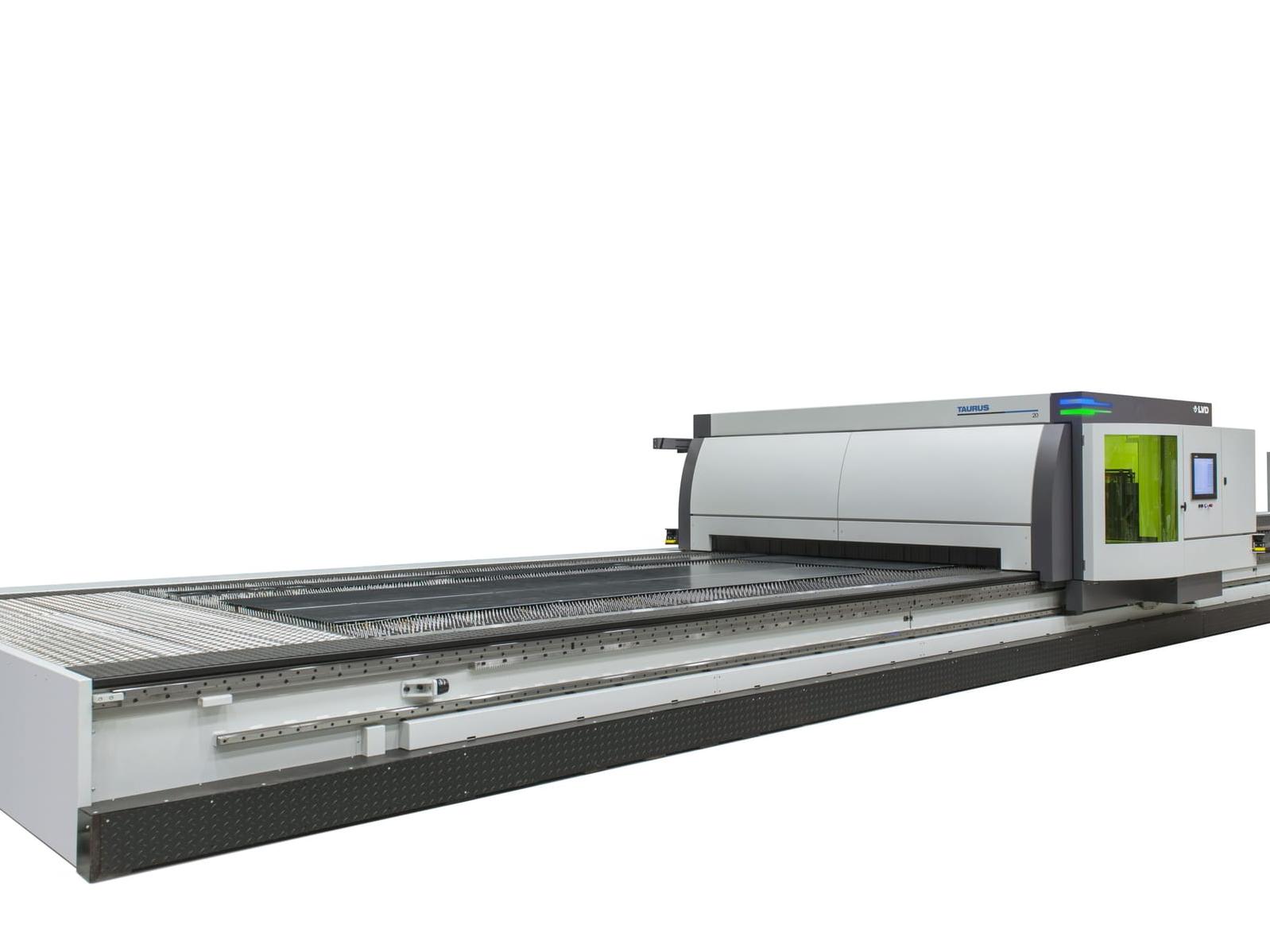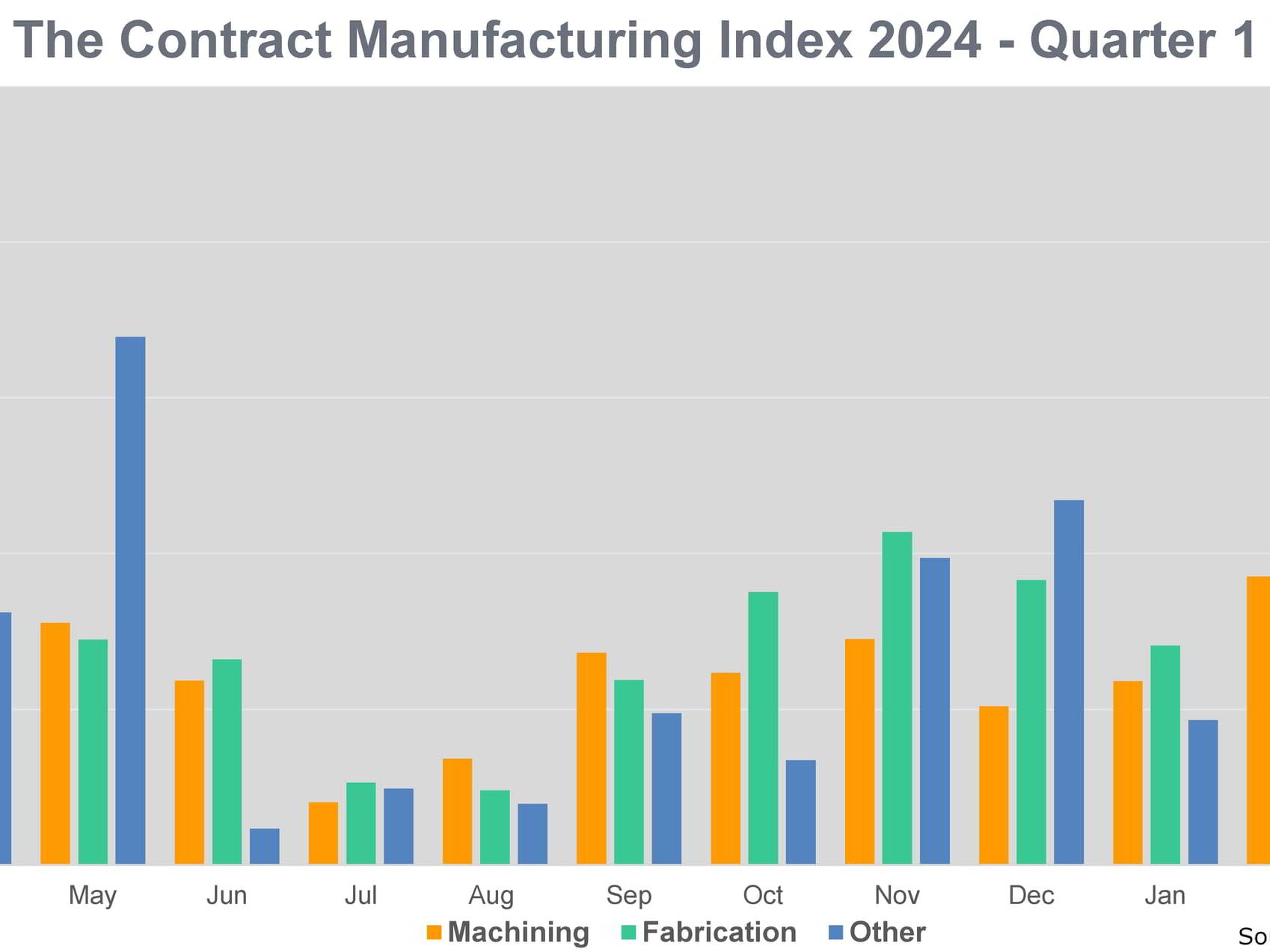UK Government invests £24 million to boost next generation of aircraft engines

As part of the UK Government’s industrial strategy, £24 million in funding support for pioneering aerospace projects, including X-Ray imaging technology that will help develop faster and cleaner aircraft engines, has been announced.
Each of the four projects, jointly funded by Rolls-Royce and the government, bring together academia and businesses from across the UK to work together on world-leading research to develop the next generation of aero-engine technologies.
Business Secretary Greg Clark confirmed the £24 million government funding towards the four Rolls-Royce-led collaborative R&D projects at the event for Rolls-Royce’s new engine test bed facility in Derby. The new facility follows a commitment from Rolls-Royce to invest £150 million in its UK facilities to support plans of doubling engine production.
Business Secretary Greg Clark said: “Our modern Industrial Strategy is backed by the biggest increase in R&D investment this country has ever seen, committing government, along with industry, to spend £3.9 billion to build on our reputation for aerospace excellence. The joint government-industry funding brings together the best minds from Rolls-Royce, SMEs and academia to unlock breakthroughs in technology that are fundamental to the aerospace sector.
“As the home of the first turbojet engine, the UK has a long proud heritage in aerospace and these pioneering Rolls-Royce projects will ensure it is the UK that leads the world in developing the next generation of cleaner jet engine technologies.”
The four projects, worth £58.3 million in total are supported by the Aerospace Technology Institute and Rolls-Royce with academic industry partners. This will be delivered through Innovate UK.
The projects also include the development of new materials for engines to operate at higher speeds and temperatures. All projects will support the design of an engine which will offer 25% fuel efficiency – saving money and reducing emissions.
Chris Cholerton, Rolls-Royce, president – civil aerospace, said: “We welcome the support announced by the UK Government today. These research projects will help Rolls-Royce and our partners develop more efficient, technologically sophisticated aircraft engines that are vital to reducing emissions and underline the aerospace industry’s commitment to improving the environment.
We are focused on pioneering new technologies and these projects will support important advancements for our UltraFan® engine. The UltraFan® engine will offer a 25% fuel efficiency improvement over the first generation of Rolls-Royce Trent engines.”
The projects set to receive funding are:
- PACE (Proving Advanced Concept Engine), £22.7 million project
- CAJoRR (Cutting edge Approaches for Joining of RR1073), £8 million project
- ENCASE (Enabling Novel Controls & Advanced Sensors for Engines), £18.4 million project
- EXCITE (EXternal Component Integration of Technologies for Engines), £9.2 million project











